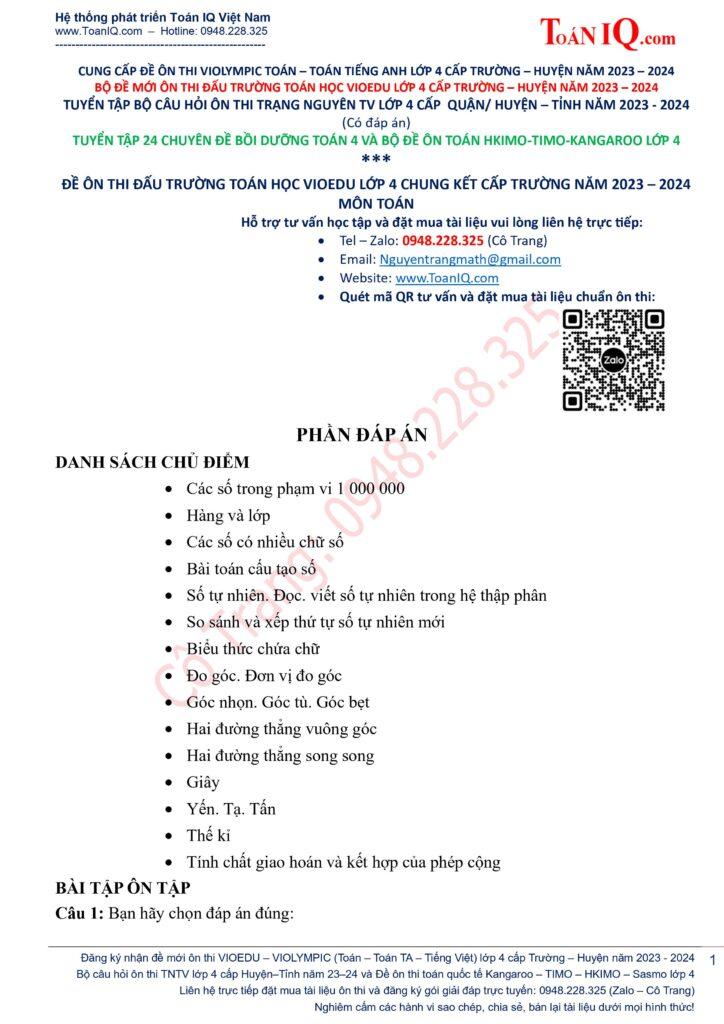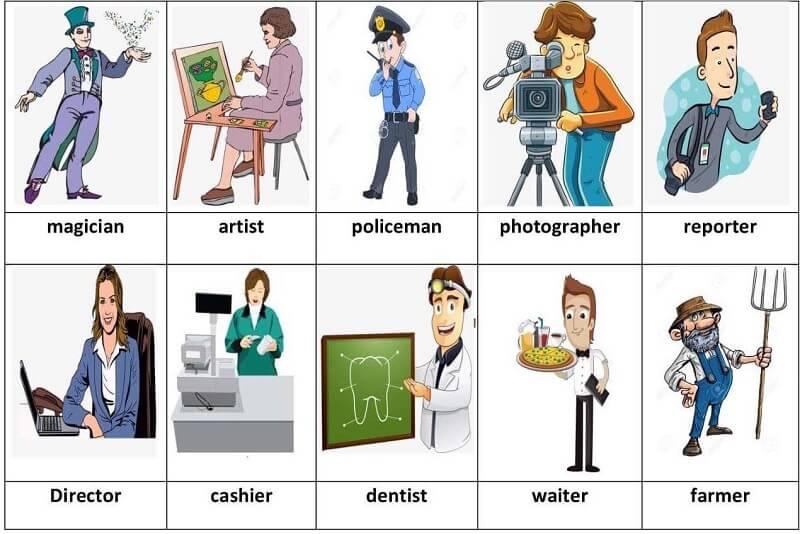Cụm từ “wet behind the ears” là một trong những thành ngữ tiếng Anh thú vị và màu sắc, mang trong mình ý nghĩa sâu sắc về sự trưởng thành và kinh nghiệm. Bằng cách nhìn vào nguồn gốc và cách sử dụng của cụm từ này, chúng ta có thể khám phá thêm những ý nghĩa sâu sắc và ứng dụng của nó trong cuộc sống hàng ngày.
Contents
1. Wet behind the ears nghĩa là gì?
Wet behind the ears có nghĩa là mô tả những người chưa có kinh nghiệm hoặc thiếu sự trưởng thành trong một lĩnh vực hoặc một công việc cụ thể. Thành ngữ này ám chỉ rằng người đó còn non nớt, như trẻ con vừa mới sinh, phần da sau tai vẫn còn ẩm ướt.
Bạn đang xem: Wet behind the ears là gì? Ứng dụng vào bài thi IELTS Speaking
Nó thường được sử dụng để miêu tả một người mới vào nghề, chưa có nhiều kinh nghiệm trong lĩnh vực cụ thể và cần thời gian và kinh nghiệm để trưởng thành và trở nên thành thạo hơn.
.png)
2. Nguồn gốc của cụm từ wet behind the ears
Nguồn gốc của cụm từ “wet behind the ears” không rõ ràng, nhưng nó được cho là xuất phát từ hình ảnh đứa trẻ mới sinh với phần da sau tai vẫn còn ẩm ướt.
Xem thêm : SOCIOLOGY HUE
Cụm từ này đã được sử dụng trong tiếng Anh từ thế kỷ 19 và vẫn được sử dụng phổ biến cho đến ngày nay. Nó thường được dùng để miêu tả những người trẻ tuổi, mới bước vào cuộc sống hoặc nghề nghiệp và chưa có đủ kinh nghiệm để đối mặt với những tình huống phức tạp và thách thức.
3. Những nghĩa khác của wet behind the ears là gì trong tiếng Anh
- Gà mờ: Ám chỉ một người ngây thơ, người mới vào nghề hoặc người chưa có kiến thức và kỹ năng đủ để đối mặt với một tình huống cụ thể.
- Người thiếu kinh nghiệm: Đánh giá một người là “wet behind the ears” có nghĩa là họ chưa có đủ kinh nghiệm hoặc kiến thức để làm việc hoặc tham gia vào một lĩnh vực cụ thể.
- Trẻ con: Trong một ngữ cảnh không chính thức, cụm từ này có thể ám chỉ đến sự hồn nhiên, tinh thần trẻ con và không chịu trách nhiệm.

4. Những cụm từ đồng nghĩa với wet behind the ears trong tiếng Anh
- Inexperienced: Thiếu kinh nghiệm, chưa có kinh nghiệm đủ.
- Novice: Người mới học, người mới vào nghề.
- Green: Gà mờ, chưa có kinh nghiệm đủ.
- Fresh: Mới vào nghề, mới bắt đầu.
- Rookie: Tân binh, người mới gia nhập vào một lĩnh vực hoặc nghề nghiệp.
- Neophyte: Người mới học, người mới vào nghề.
- Tenderfoot: Người non nớt, người mới vào nghề.
5. Ứng dụng wet behind the ears vào bài thi IELTS Speaking
IELTS Speaking Part 2
Describe a very difficult task that you succeeded in doing as part of your work or studies
You should say:
- What task you did
- Why this task was very difficult
- How you worked on this task
- And explain how you felt when you had successfully completed this task
Answer:
As a student “wet behind the ears,” one of the most difficult tasks I successfully completed was designing and implementing a complex software system for my final year project. This task posed significant challenges due to its technical complexity and the need for expertise in various programming languages and frameworks.
Xem thêm : Cấu trúc Against: Ý nghĩa và cách sử dụng phổ biến nhất
To tackle this daunting task, I adopted a systematic approach. Despite being relatively inexperienced, I divided the project into manageable phases, sought guidance from professors and professionals, and collaborated with classmates in study groups. Through diligent research, problem-solving, and countless hours of coding and testing, I overcame the difficulties and successfully completed the software system.
The feeling of accomplishment and relief upon its completion was immense. Despite my initial lack of experience, seeing the system functioning flawlessly filled me with a sense of pride and satisfaction. This task not only bolstered my confidence in my technical abilities but also reinforced my passion for software development.
IELTS Speaking Part 3
What are the most difficult jobs that people do?
Some of the most challenging jobs that people undertake are those requiring specialized skills, high levels of responsibility, and the ability to handle pressure. Professions such as surgeons, air traffic controllers, and firefighters are considered particularly demanding. These jobs can be even more daunting for individuals who are “wet behind the ears,” as they involve a steep learning curve and require adapting to complex tasks and situations.
How important is it for everyone to have a goal in their personal life?
Setting personal goals is highly important for individuals as it provides a sense of direction and purpose. Having clear objectives helps individuals, even those who are “wet behind their ears,” prioritize their actions and make conscious efforts to improve themselves. Goals serve as a source of motivation during challenging times, providing the drive to overcome obstacles and persevere.
However, it is important to note that the significance of personal goals can vary for each individual. While some thrive on having specific objectives and actively pursue them, others may find contentment in a more flexible approach. Ultimately, individuals should strike a balance that aligns with their own aspirations and values.
Với những ý nghĩa sâu sắc và tình huống sử dụng phong phú, cụm từ “Wet behind the ears” đã trở thành một phần quan trọng trong ngôn ngữ tiếng Anh và tiếp tục làm giàu vốn từ vựng và truyền thống ngôn ngữ của chúng ta.
IELTS Vietop chúc bạn học tập tốt!
Nguồn: https://ispacedanang.edu.vn
Danh mục: Học tập















![Giỏi văn nên học ngành gì thu nhập ổn định? [TOP 9]](https://ispacedanang.edu.vn/wp-content/uploads/2024/05/hoc-gioi-van-thi-lam-nghe-gi-1.jpg)




